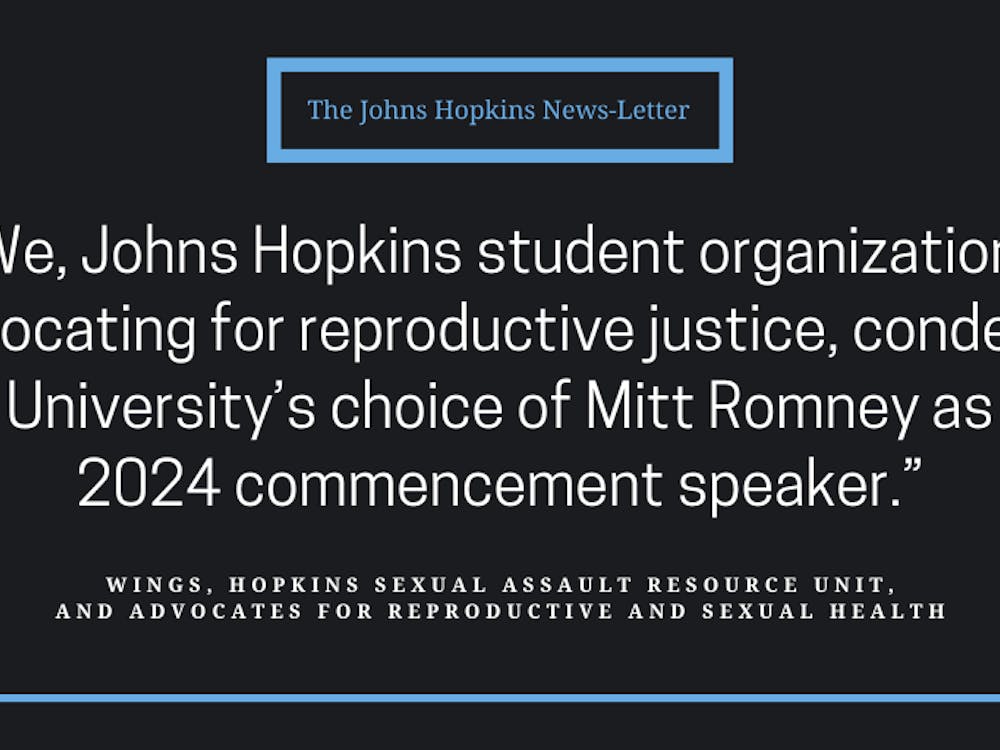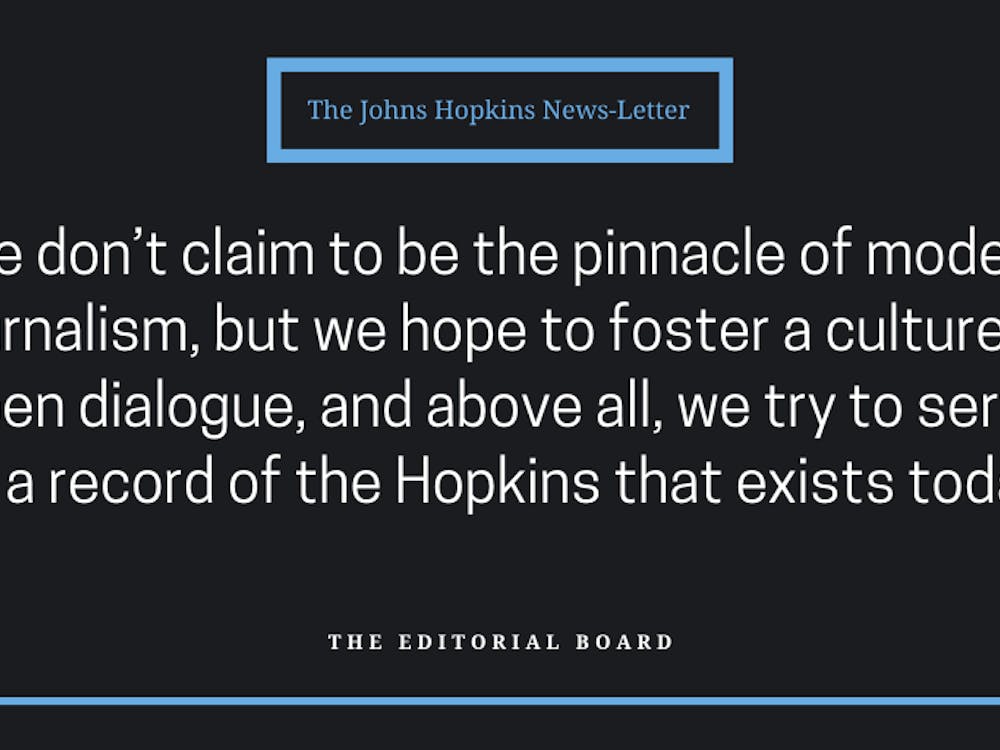I had an interesting experience in the Brody Reading Room the other day. From the position of my seat, I was able to see the laptop screens of about seven other people (and I know I’m not the only one who spies). Out of the seven, four of them had their internet browser open to BuzzFeed.com. At first I didn’t think there was anything wrong with that; we all need a quick study break to just roam the internet for a bit. Then thirty minutes went by, and all four people were still on BuzzFeed. At this point I just assumed they were organic chemistry students, absolutely dreading going back to their textbook. But when an hour eventually passed, and the same four people had BuzzFeed ever present on their computers, it became clear that rummaging through old BuzzFeed articles was no longer just a study break for these people. It was a genuine source of entertainment.
Unfortunately, these four individuals represent only a small fraction of those who see BuzzFeed as a worthwhile place to spend time on the internet. The site is designed to attract young college students like myself into viewing an endless amount of GIFs, Vines, and photos of Jennifer Lawrence. I will admit, I occasionally visit the page when I am bored and feel like watching something entertaining. But spending more than fifteen minutes on BuzzFeed often makes me feel more bored than I did when I first visited the page.
It is unlikely that anyone over the age of 30 would know what BuzzFeed is, let alone have any interest in its content. And for a site aimed at students, the noticeable lack of journalistic originality that BuzzFeed presents is striking, as most articles are simply links to YouTube videos or other websites. There is nothing that forces me to think critically or form an opinion, which is why it confuses me as to how people can spend so much time on the site.
BuzzFeed’s slogan, “The Media Company for the Digital Age” implies a progressive, up to date media outlet for a generation defined by its fixation with the latest technology. However, the site proves to be an example of how the manner in which news and current events are presented is being watered down to accommodate a younger audience. The fact that BuzzFeed is so popular among college students suggests that young people would rather spend an hour looking at GIFs than an hour looking through BBC.com. We have become so used to reading listicles as a substitute for real journalism that anything else seems too long or too boring.
There is nothing wrong with a media outlet wanting to have more of an online presence; in fact, I encourage it. BuzzFeed, however, is unworthy of this encouragement, because it was created solely for the internet, in order to share the most popular stories circulating around the web. A company for the “digital age” should not subject us plethora of inane articles that require little intellectual curiosity. I would like to think that my generation has an interest in reading about current events and issues that matter in the world, but BuzzFeed is slowly making us forget how to do that.
We must reevaluate how we spend our time online. When used correctly and responsibly, the internet can serve a very useful purpose. There are so many thought provoking things that the internet can expose us to, which is especially important for college students to remember. But while BuzzFeed can be fun to skim through, it should in no way be mistaken as an alternative to credible news and media outlets.
Aishwarya is a sophomore majoring in International Studies.
















Please note All comments are eligible for publication in The News-Letter.